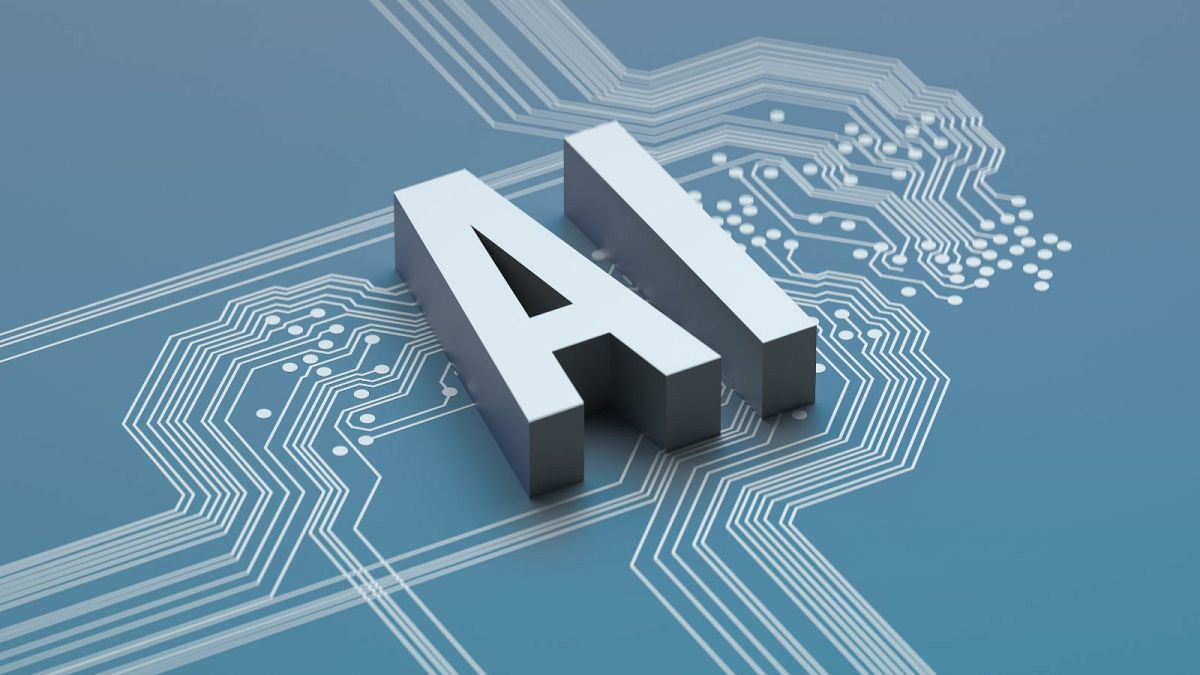US Chief Justice John G. Roberts traced the technological history of the Supreme Court in a report warning about the role AI could play in judicial work.
The US chief justice used his end-of-year report to warn about the influence and future of artificial intelligence (AI), particularly in the legal profession.
Calling it the "latest technological frontier", Chief Justice John G. Roberts Jr. said that legal research could soon be "unimaginable" without AI.
While speaking of its potential for accessing information, he also warned about the risks of this technology such as "invading privacy interests and dehumanising the law".
He referred to one problem with using AI in the legal field, referring to an instance that made headlines this year when lawyers using the popular AI chatbot ChatGPT were fined after citing fake legal cases.
ChatGPT's release at the end of 2022 fuelled further advances and conversations about AI throughout 2023.
Roberts highlighted that there are also human decisions that judges need to make by judging "the sincerity of a defendant's" speech in court. "Machines cannot fully replace key actors in court," he wrote.
Yet as the technology evolves, the courts will need to reflect on how it is used in the profession, he argued, predicting that while "human judges will be around for a while", judicial work will be "significantly affected by AI".
Looking back at the US Supreme Court's technological history, he compared the advent of AI to the use of early personal computer systems. Even in the early 1990s, while most judges and lawyers had computers, paper remained "the rule of the day", Roberts said.
Ethics ignored in end-of-year report
His report strayed away from more controversial topics that have impacted the view of the court this year, including multiple media investigations into ethics.
In particular, US-based investigative outlet ProPublica published several reports about justices' friendships with billionaires, including unreported trips and financial relations with political donors.
The investigations prompted the Supreme Court to issue a Code of Conduct in November 2023 that aimed to codify "principles" that they claim have governed the judges' conduct for a long time.



